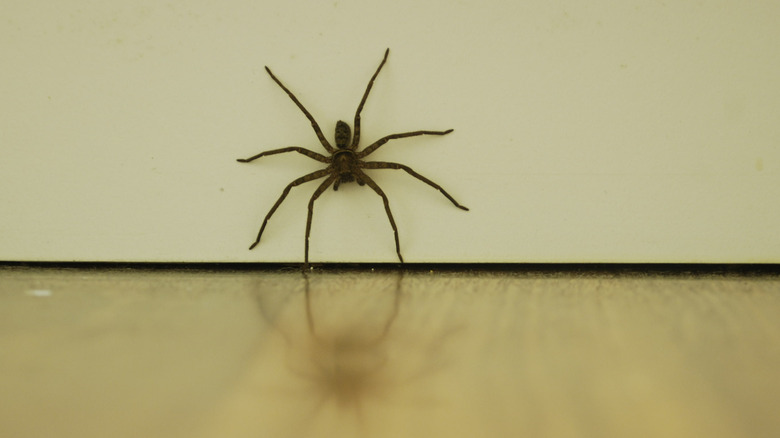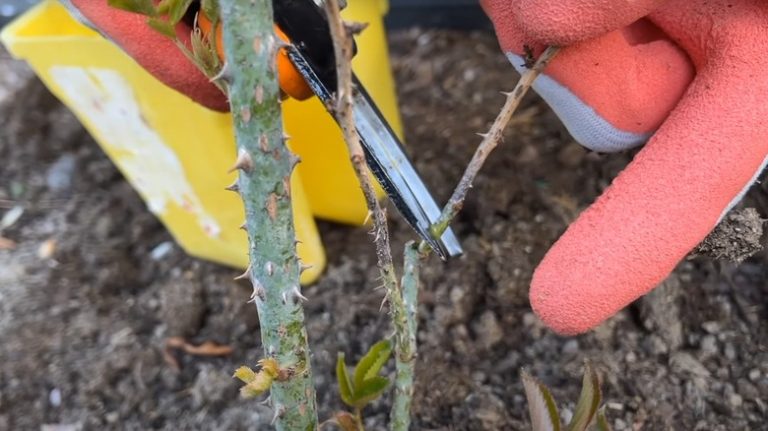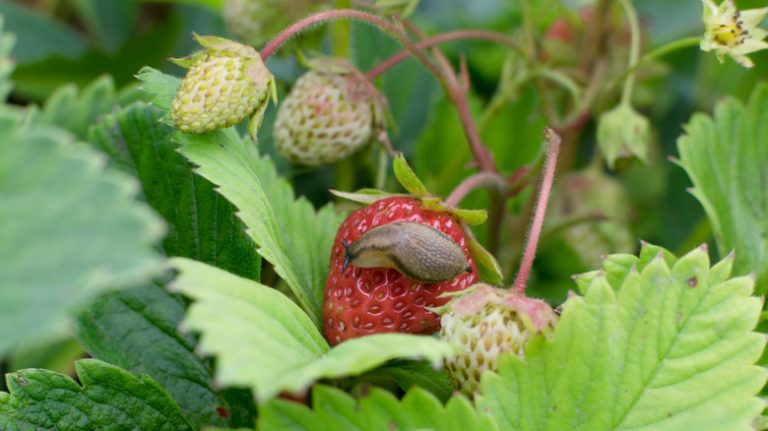Regardless of how beneficial spiders can be, very few people enjoy sharing their living space with arachnids. Because of this, there are a variety of strategies for removing them from the home, and one popular hack claims that geraniums (Pelargonium) can repel the would-be housemates. These colorful and cheerful plants require bright light and temperatures around 70 degrees Fahrenheit to flower well. They also benefit from well-draining soil and a slow-release fertilizer. Unfortunately, however, there is no scientific evidence to support the belief that geranium plants themselves repel spiders. At the same time, geranium oil and essential oils derived from geraniums may be effective in pest control.
While you may want to try using geranium oil to repel spiders, there are good reasons to consider leaving these arachnids alone. Having an entirely spider-free house may lead to more insects in your house, so don’t be too quick to evict types like the American house spider. Other than seeing the occasional cobweb, you may barely notice that these shy arachnids have moved in. They can even help with pest control by eating mosquitoes, moths, and other flying insects that have found their way into your house. What more could you ask for in a housemate? However, if you still want to remove spiders from your home, discover more about how geranium oil could be helpful.
Geranium oil and its active ingredients can be effective against spiders
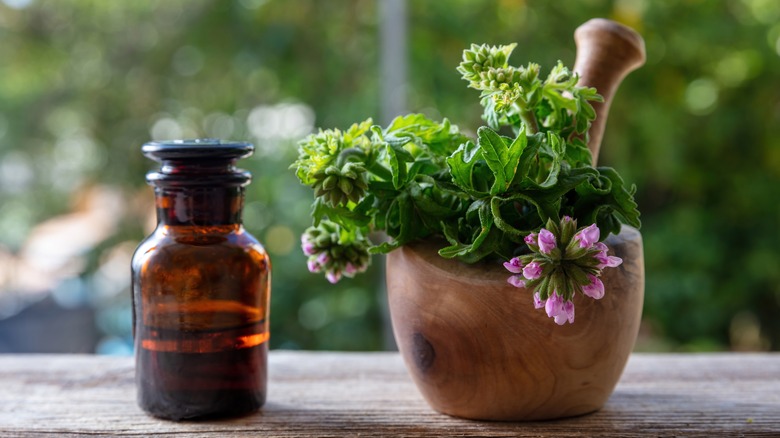
It’s understandable that many believe that geranium plants themselves repel spiders, since the oil extracted from them may prove effective. However, the flowers have not been proven to repel spiders. In fact, ivy geraniums can sometimes be infested with spider mites. On the other hand, concentrated geranium oil, which can be extracted from the flowers or from roses, bee balm, grapes, and other plants or produce, is effective against a variety of pests including ticks, flies, lice, and possibly spiders. Geranium oil is also a surprisingly-effective mosquito repellent, especially when blended with clove oil.
While there’s no scientific evidence proving that geranium oil itself can be effective against spiders, studies have shown that certain ingredients in this oil, specifically geraniol, linalool, and citronellol, can be effective. For instance, a 2010 study published in Experimental and Applied Acarology discovered that geraniol and linalool were effective against the two-spotted spider mite. Further, the EPA says that linalool is an effective insecticide and repellent that can be used against spiders. Geraniol is also commonly used in botanical-based bug sprays, and studies have shown that these sprays are effective against a variety of arthropods, per the Integrated Pest Management Program at Cornell. In these sprays, geraniol is sometimes combined with other essential oils, including some that are naturally found in geranium oil, like citronellol. Therefore, all of this evidence means that geranium oil can most likely be effective against spiders.
Tips for keeping spiders out of your home
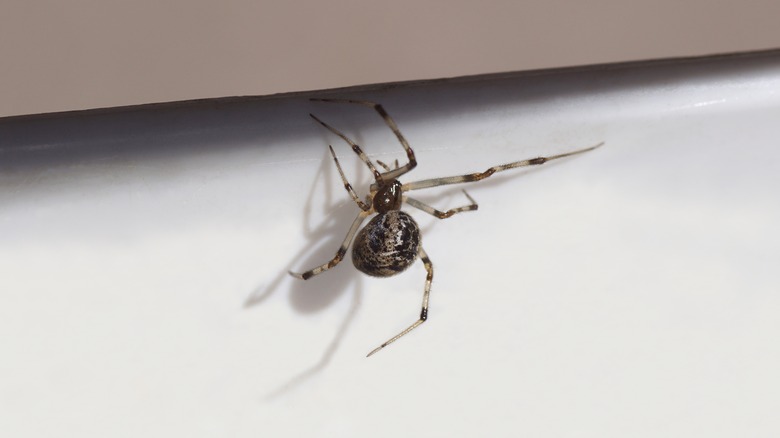
While sprays that contain geranium oil or its active ingredients could kill spiders, they generally need to be sprayed directly onto the arachnid. They could also be applied to carpets to try and repel spiders, as this is a preferred application method for the ingredient linalool, per the EPA. However, spiders are unlikely to be significantly affected by bug sprays, including botanical ones, that were sprayed hours or days earlier. If you can’t directly spray the arachnids with geranium oil, sticky glue traps can be a more effective long-term and non-toxic method for spider management. Sealing any cracks in your home as well as regularly vacuuming and sweeping away cobwebs are also good ways to limit the number of spiders in your house.
There’s no scientific evidence that geraniums or other plants repel spiders, and in fact, these plants could actually be making your spider problem worse. This is because a houseplant infested with insects could actually be increasing your spider population, as the pests could be providing spiders with a food source. Check your indoor plants for bugs regularly and apply neem oil or other treatments as directed. A house with fewer insects is likely to lead to a home with fewer spiders, so this is an effective prevention method.

